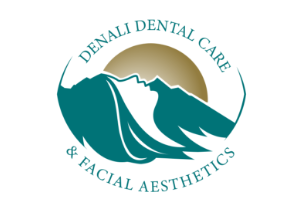Treating Your Chronic Teeth Grinding
If you grind or clench your teeth often, you might have a condition called bruxism. Over time, this habit wears away the surface of your teeth, leading to additional problems with your oral health. The constant back-and-forth movement of your jaw may also cause significant strain, leading to a problem called TMD. Because this condition can happen while you are asleep, it can be difficult to detect without the aid of a skilled dentist.
What Are The Forms Of Bruxism?
You may grind your teeth when you are awake or asleep. The movement of your jaw is the same, but the treatments may differ. If you experience awake bruxism, it is generally tied to emotional issues. You may attempt to resolve feelings of anxiety, stress, or anger with chronic grinding. Learning to recognize the connection between these feelings and your habits can help you find a healthier outlet for your emotions. Pursuing stress management can help you put an end to damaging your teeth.
Sleep bruxism can become more harmful when it goes undetected. Because you cannot make a conscious decision to unclench your bite while asleep, you will require treatment to protect your smile and relieve tension headaches.
Treating Bruxism With Botox
Our APRN can provide Botox therapy to prevent your masseter muscle from grinding involuntarily. Because bruxism can overdevelop this large muscle that moves your jaw, this treatment can also improve your facial appearance by allowing it to relax into a more aesthetically pleasing shape. Depending on how quickly you metabolize Botox, we may reapply your treatment every three to six months.
Wearing A Custom Oral Guard
We can design a night guard to protect your smile while you sleep. This BPA-free, custom device separates each row of teeth to prevent damage from grinding. By reducing the force of your clenching, a night guard can relieve tension throughout your facial muscles, leading to a more peaceful, refreshing night’s sleep.
FEEL
YOUR BEST,
LOOK
YOUR BEST
IF YOU ARE LOOKING FOR RELIABLE DENTAL CARE OR FACIAL REJUVENATION IN ANCHORAGE, GIVE US A CALL!

